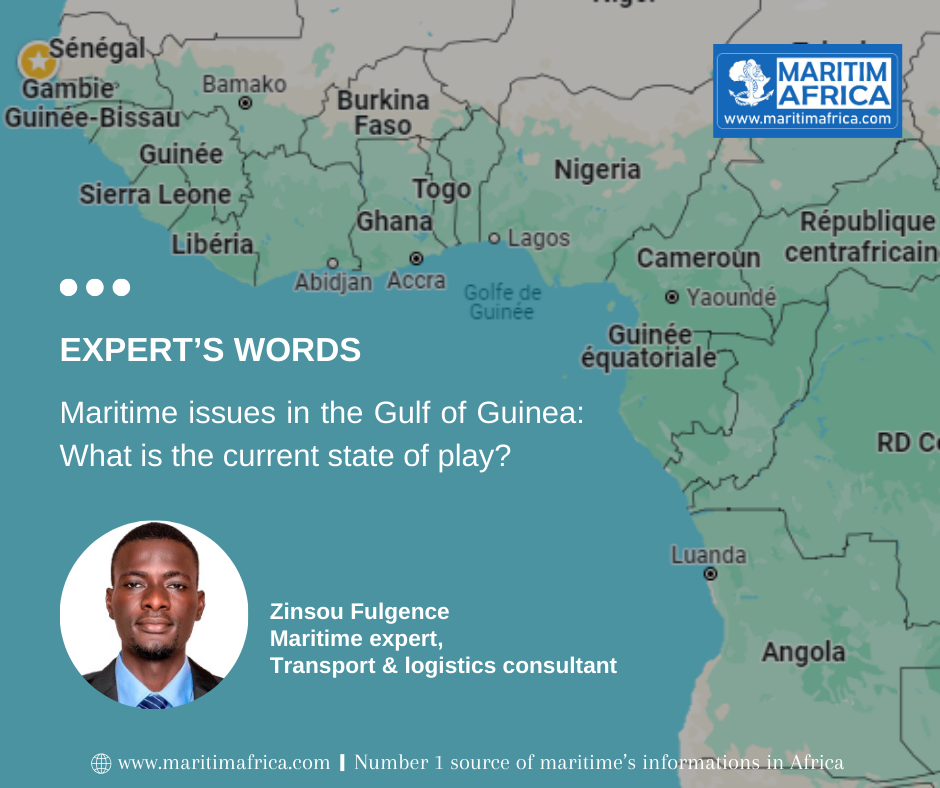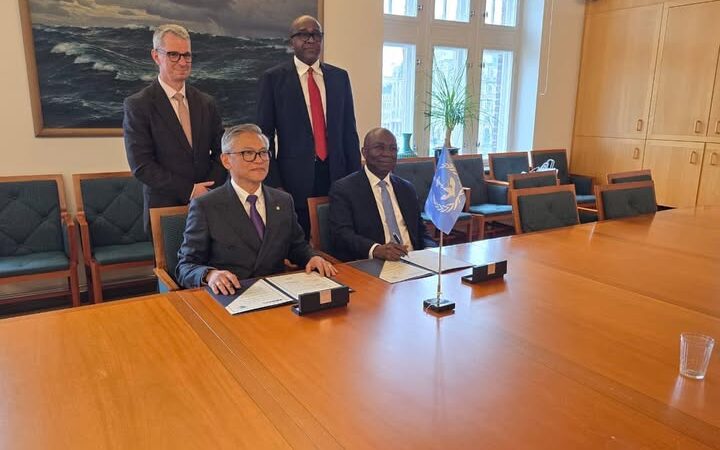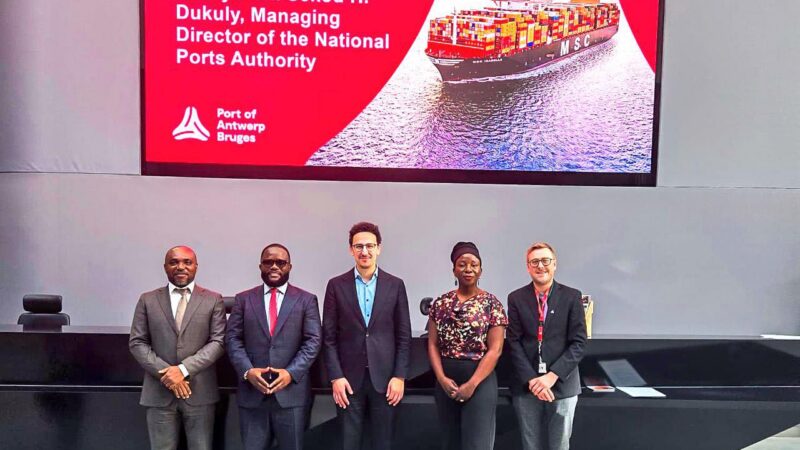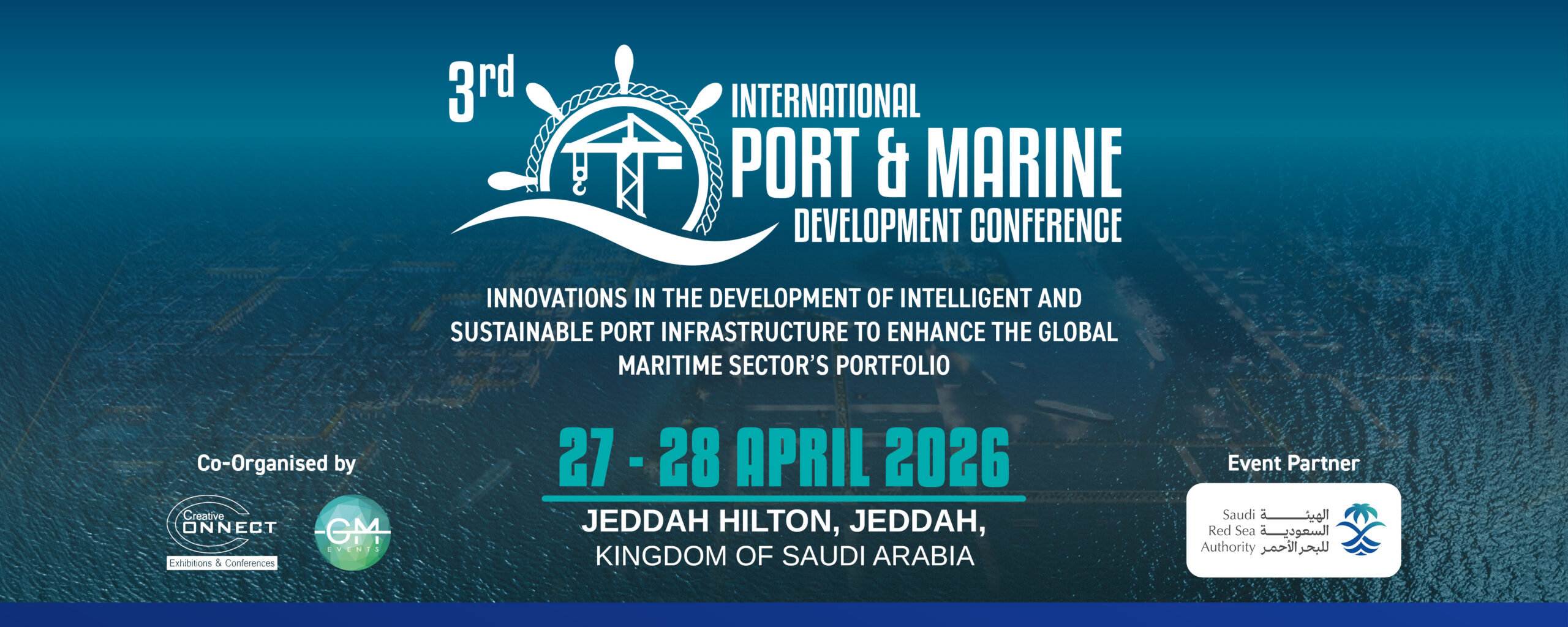Maritime issues in the Gulf of Guinea: What is the current state of play?
Covetousness, belligerence, insecurity: these are the three words that characterise the Gulf of Guinea. Located at the heart of the south-east Atlantic coast, the Gulf of Guinea region straddles two African sub-regional organisations: the Economic Community of Central African States (ECCAS) and the Economic Community of West African States (ECOWAS).
According to an institutional delimitation provided by the Gulf of Guinea Commission, a regional institution set up in 2001, the Gulf of Guinea stretches from Nigeria to Angola. This commission brings together several countries, including Angola, Cameroon, Congo, Gabon, Equatorial Guinea, Nigeria, the Democratic Republic of Congo and Sao Tome and Principe. It is a framework for consultation and discussion on border disputes that exist or may exist between them as a result of the exploitation of natural resources.
But from a geostrategic point of view, the boundaries of the Gulf of Guinea are much wider, extending beyond Nigeria, from the Cape of Palmas in Liberia to southern Angola. An economic zone of prime importance in Africa, the Gulf of Guinea accounts for almost 50 per cent of the continent’s oil production, with reserves estimated at 100 billion barrels, or 10 per cent of the world’s reserves, which is attracting growing interest from foreign powers in this part of the world.
Hydrocarbon resources are not the only reason for the interest of foreign powers; there are also fisheries resources to complete the picture, with a capacity of 600,000 tonnes per year. These figures have led a number of players to describe the Gulf of Guinea as an area of vital interest, as it contains the majority of the oil reserves in the sub-Saharan part of the continent, as well as renewable resources.
To complete the picture of this immense resource available in the Gulf of Guinea, the quality of the oil, the reduction in transport costs and the attractiveness of the tax regimes are all reasons that are pushing major powers such as the USA, China and Europe to take an interest in this region and to consider it as an important zone for their hydrocarbon supplies.
Since 1995, the year in which the offshore resources of the Gulf of Guinea were discovered, two phenomena have successively emerged as factors of tension in this area: maritime border conflicts and disputes between the countries of the region over the exploitation of maritime resources. At the same time, the Montego Bay Convention had just come into force. The coincidence between the entry into force of a text consolidating the rights of States over their maritime spaces, and the massive discoveries of offshore deposits in the Gulf of Guinea region, accentuated the importance of exclusive economic zones and prompted the States of the region to take a greater interest than in the past in their maritime borders.
This will give rise to maritime border disputes which will be resolved in various ways, including the ˵Zone of Common Interest ˶ which is an agreement between the Democratic Republic of Congo and Angola on the equal sharing of exploitation and revenues; the Joint Exploitation Zone signed between Nigeria and Equatorial Guinea and the Joint Development Zone negotiated between Nigeria and the São Tomé and Príncipe archipelago. In addition to these problems, which affect the sovereignty of states in controlling their maritime domain, there are also security issues that undermine the economies of the countries in this zone.
The Gulf of Guinea, which is always magnified for the many resources it abounds in, also represents an asset and at the same time a danger for its beneficiaries. Described as “the most dangerous maritime zone in the world”, the Gulf of Guinea is plagued by a host of insecurity and illegal practices, firstly piracy and secondly drug trafficking and illegal fishing.
In the 2010s, the Gulf of Guinea became the first region in the world where the scourge of piracy became more widespread, with more than a hundred incidents a year. Vessels are seized, crews kidnapped for ransom and cargo stolen. Between 2020 and 2023, a third of all attacks of this type and more than 95% of the 135 recorded kidnappings of seafarers occurred in this region the size of the Mediterranean, according to the International Maritime Bureau, an entity attached to the International Chamber of Commerce. In addition to piracy, illegal fishing also represents a huge loss of income for the economies of the coastal states of the Gulf of Guinea.
In the Gulf of Guinea, 40% of fish is caught illegally, representing an annual loss of more than 1.2 billion euros for the countries in the region. Illegal fishing is often carried out by foreign boats that catch quantities that exceed the capacity of stocks to recover, but also without any respect for the regulations in force. Fishing provides a livelihood for over 7 million people in the region. In addition to the two illegal phenomena described above, there is international drug trafficking. This traffic, mainly destined for Europe, now transits through the countries of the Gulf of Guinea. In December 2022, more than 4.6 tonnes of these drugs, worth around €150 million, were seized by the French Navy in the Gulf. There is a veritable drugs ‘ecosystem’ on the coast of the Gulf of Guinea, with international airports, seaports with container terminals and regional road networks, enabling the drugs to be redistributed in Africa and above all in Europe.
Of these three phenomena that are disrupting the stability of the Gulf of Guinea, piracy represents a major danger not only to the economies of the countries bordering the area, but also to the lives of sailors and all those who exploit this maritime space. When asked about the real causes of this growing phenomenon, socio-economic analyses put forward a number of causes, three of which seem to be the most important, as they are cited by a large number of specialists. The first is endemic poverty and the development of migratory flows.
The second element identified by the experts is a problem of governance, and the third is the easy corruptibility of the services responsible for security. Crime seems to be in direct correlation with the endemic poverty of West Africa’s coastal populations, whose numbers are constantly on the increase due to the high birth rate and the continuous migratory flows that are pushing the inhabitants of the interior to immigrate to the Atlantic coasts in the hope of finding a better situation there. Another cause is the failure to redistribute the revenues from the oil windfall resulting from poor governance. People know that the wealth generated by the exploitation of hydrocarbons is extremely important. They therefore feel frustrated at not being able to benefit from it in any way. In a report by Loic Etevenard and Denis Bassompierre for Thalassa, a young Nigerian man declares in front of the cameras we live on a territory full of oil but we receive nothing, no benefits.
To remedy all these illegal acts, which are not only a drag on the maritime economy but also a danger for those who frequent the area, several bilateral, regional and international actions have been put in place to put an end to these scourges that are disrupting maritime trade in the region.
As recalled by two United Nations Security Council resolutions, it is first and foremost the responsibility of the States in the region to make their maritime domain safe. In fact, they are doing so, both individually and collectively, within the framework of the African Union and, above all, at regional level.
The Yaoundé architecture reflects Africa’s determination to take ownership of the fight against maritime threats. Set up in 2013, it consists of a fairly complex system, with several regional bodies at different levels. Its aim is to combat illegal activities in the Gulf of Guinea. However, the harmonisation of legislation, which is essential if piracy is to be tackled more effectively, has fallen behind schedule.
With regard to maritime fisheries, in 2016 the African Union adopted a charter on maritime safety, with a particular focus on illegal fishing. The thirty-one signatory states, including the countries of the Gulf of Guinea, undertook to carry out the necessary reforms to improve governance in the fisheries sector and to take appropriate measures to effectively combat illegal fishing. However, this awareness does not seem to have led to sufficient action to put a stop to the phenomenon.
It must be acknowledged that much remains to be done to improve control over this vast region and establish lasting security.
Maritime expert, transport and logistics consultant.







